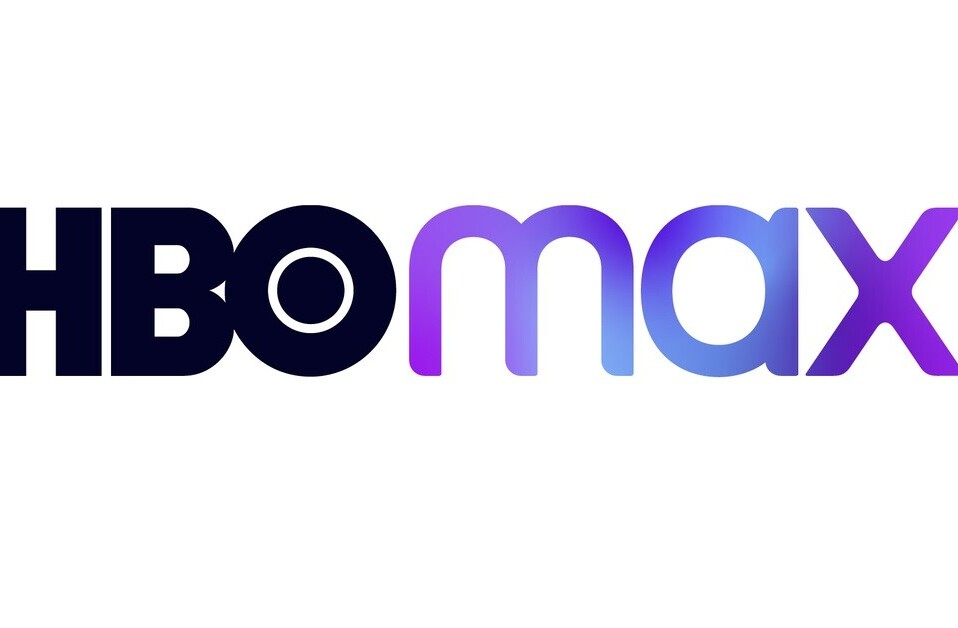
If you live outside the US, you’ll probably put this in the “Well, obviously” category, but it’s good to find a study that makes it clear – the Hollywood movie industry’s habit of spacing out releases of films in different territories is a primary cause of revenues lost to online piracy.
As TorretFreak notes, the study from the University of Minnesota and Wellesley College, titled ‘Reel Piracy: The Effect of Online Film Piracy on International Box Office Sales’, notes that “Longer release windows are associated with decreased box office returns… our findings indicate that, as a lower bound, international box office returns in our sample were at least 7% lower than they would have been in the absence of pre-release piracy.”
It continues: “By contrast, we do not see evidence of elevated sales displacement in US box office revenue following the adoption of BitTorrent, and we suggest that delayed legal availability of the content abroad may drive the losses to piracy.”
So, according to this study, US box office revenue (where Hollywood movies tend to be released first) isn’t affected by piracy, and delayed releases elsewhere are what causes lost box office revenue.
The downloadable report, marked as a draft not for academic citation, notes that the movie industry has indeed reduced delayed international releases from an average of 10.5 weeks in 2004 to 4 weeks in 2010. The increase in digital cinema technology, where films can be distributed on easily duplicatable hard discs, has made this more practical than in the past, where a limited quantity of prints of a movie on film created a physical limit on the number of simultaneous screens a title could be run on.
The report concludes that “Studios should continue to reduce the length of the release lag, particularly for genres that are more heavily pirated such as science fiction and action films.”
While it’s an obvious argument, it does send a message to the movie industry that factors in its control are key to reducing a major cause of lost revenue, rather than the unpopular and messy legal action and lobbying that has characterised the MPAA in recent years.
Get the TNW newsletter
Get the most important tech news in your inbox each week.




